当前城市:淄博[切换]
- 手机雅思无忧

扫码登录
雅思考试主要是通过对考生听、说、读、写四个方面英语能力的考核,综合测评考生的英语沟通运用能力,实现“沟通为本的”考试理念。对于雅思考生来说,也有很多考试难点和政策盲区需要帮助解答。今天雅思无忧网小编准备了文章2021雅思Task1小作文柱状图范文:接种病毒疫苗,希望通过文章来解决雅思考生这方面的疑难问题,敬请关注。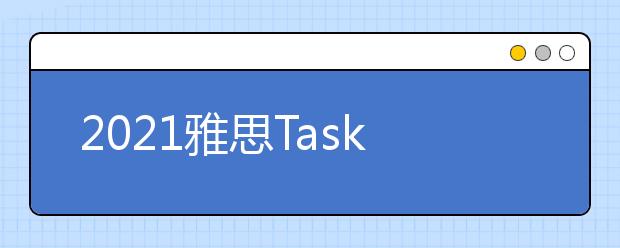
Should parents be obliged to immunise their children against childhood diseases? Or do individuals have the right to choose not to immunise their children?
Model Answer 1:
Some people argue that the state does not have the right to make parents immunise their children. However, I feel the question is not whether they should immunise but whether, as members of society, they have the right not to.
Preventative medicine has proved to be the most effective way of reducing the incidence of fatal childhood diseases. As a result of the widespread practice of immunising young children in our society, many lives have been saved and the diseases have been reduced to almost zero.
In previous centuries children died from ordinary illnesses such as influenza and tuberculosis and because few people had immunity, the diseases spread easily. Diseases such as dysentery were the result of poor hygiene but these have long been eradicated since the arrival of good sanitation and clean water. Nobody would suggest that we should reverse this good practice now because dysentery has been wiped out.
Serious diseases such as polio and *allpox have also been eradicated through national immunisation programmes. In consequence, children not immunised are far less at risk in this disease-free society than they would otherwise be. Parents choosing not to immunise are relying on the fact that the diseases have already been eradicated. If the number of parents choosing not to immunise increased, there would be a similar increase in the risk of the diseases returning.
Immunisation is not an issue like seatbelts which affects only the individual. A decision not to immunise will have widespread repercussions for the whole of society and for this reason, I do not believe that individuals have the right to stand aside. In my opinion immunisation should be obligatory.
Model Answer 2:
The issue of whether we should force parents to immunise their children against common diseases is, in my opinion, a social rather than a medical question. Since we are free to choose what we expose our bodies to in the way of food, drink, or religion for that matter, why should the question of medical 'treatment' be any different?
Medical researchers and governments are primarily interested in overall statistics and trends and in money-saving schemes which fail to take into consideration the individual's concerns and rights. While immunisation against diseases such as tetanus and whooping cough may be effective, little information is released about the harmful effects of vaccinations which can sometimes result in stunted growth or even death.
The body is designed to resist disease and to create its own natural immunity through contact with that disease. So when children are given artificial immunity, we create a vulnerable society which is entirely dependent on immunisation. In the event that mass immunisation programmes were to cease, the society as a whole would be more at risk than ever before.
In addition there is the issue of the rights of the individual. As members of a society, why should we be obliged to subject our children to this potentially harmful practice? Some people may also be against immunisation on religious grounds and their needs must also be considered.
For these reasons I feel strongly that immunisation programmes should not be obligatory and that the individual should have the right to choose whether or not to participate.
以上就是雅思无忧网为您准备的2021雅思Task1小作文柱状图范文:接种病毒疫苗,访问雅思无忧网(https://www.yasi.cn/),了解更多雅思考试新消息,新动态。
 最新雅思作文练习题汇编(G类TASK1) 雅思作文Task1写作常识
最新雅思作文练习题汇编(G类TASK1) 雅思作文Task1写作常识
雅思考试主要是通过对考生听、说、读、写四个方面英语能力的考核,综合测评考生的英语沟通运用能力,实现“
2023年05月02日 17:15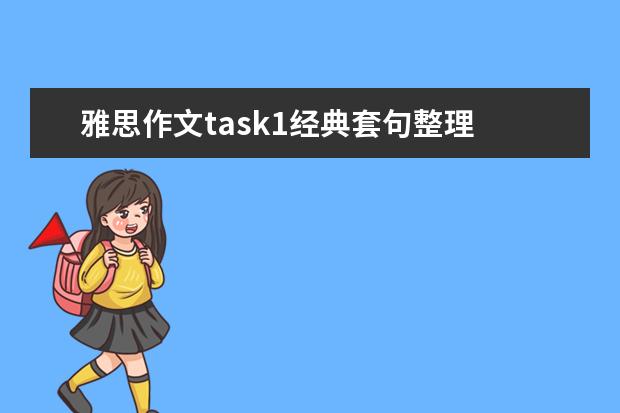 雅思作文task1经典套句整理 最新雅思作文练习题汇编(G类TASK1)
雅思作文task1经典套句整理 最新雅思作文练习题汇编(G类TASK1)
雅思考试主要是通过对考生听、说、读、写四个方面英语能力的考核,综合测评考生的英语沟通运用能力,实现“
2023年04月15日 17:39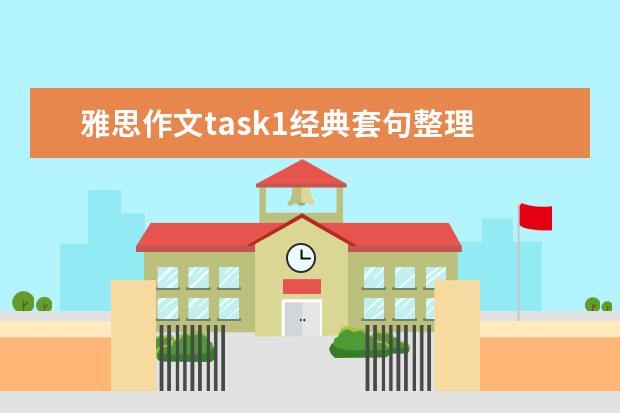 雅思作文task1经典套句整理 雅思作文Task1写作常识
雅思作文task1经典套句整理 雅思作文Task1写作常识
雅思考试主要是通过对考生听、说、读、写四个方面英语能力的考核,综合测评考生的英语沟通运用能力,实现“
2023年04月21日 17:36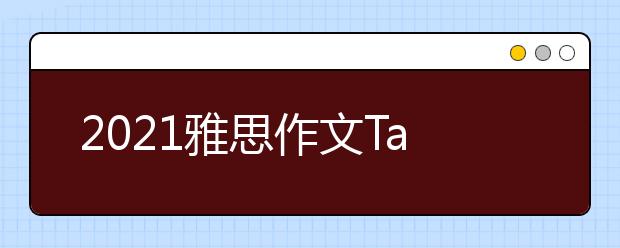 2021雅思作文Task1小作文柱状图范文汇总
2021雅思作文Task1小作文柱状图范文汇总
雅思考试主要是通过对考生听、说、读、写四个方面英语能力的考核,综合测评考生的英语沟通运用能力,实现“
2021年07月21日 20:47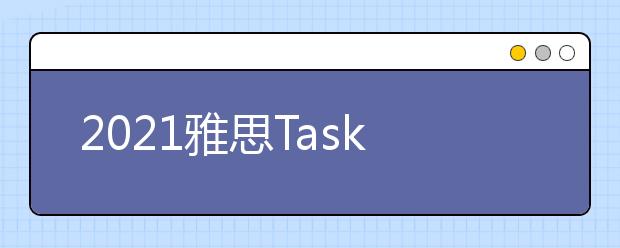 2021雅思Task1小作文柱状图范文之垃圾制造
2021雅思Task1小作文柱状图范文之垃圾制造
雅思考试主要是通过对考生听、说、读、写四个方面英语能力的考核,综合测评考生的英语沟通运用能力,实现“
2021年07月21日 20:57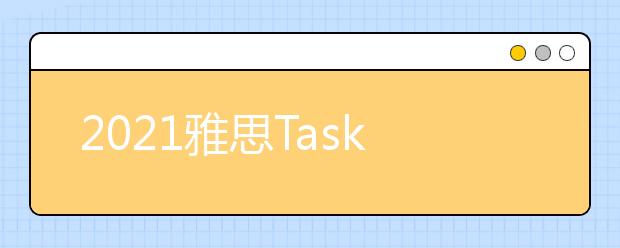 2021雅思Task1小作文柱状图范文:村庄变迁
2021雅思Task1小作文柱状图范文:村庄变迁
雅思考试主要是通过对考生听、说、读、写四个方面英语能力的考核,综合测评考生的英语沟通运用能力,实现“
2021年07月21日 21:48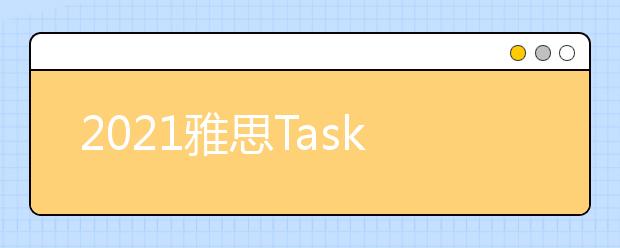 2021雅思Task1小作文柱状图范文:小岛变迁
2021雅思Task1小作文柱状图范文:小岛变迁
雅思考试主要是通过对考生听、说、读、写四个方面英语能力的考核,综合测评考生的英语沟通运用能力,实现“
2021年07月21日 21:53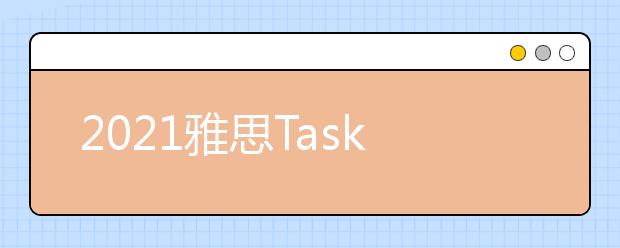 2021雅思Task1小作文柱状图范文:两地变迁
2021雅思Task1小作文柱状图范文:两地变迁
雅思考试主要是通过对考生听、说、读、写四个方面英语能力的考核,综合测评考生的英语沟通运用能力,实现“
2021年07月21日 21:58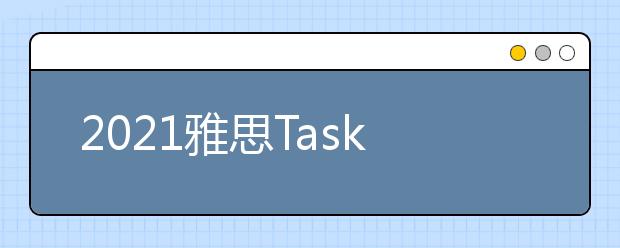 2021雅思Task1小作文柱状图范文:岛屿变化
2021雅思Task1小作文柱状图范文:岛屿变化
雅思考试主要是通过对考生听、说、读、写四个方面英语能力的考核,综合测评考生的英语沟通运用能力,实现“
2021年07月21日 22:03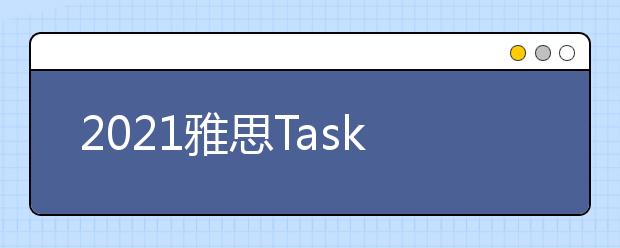 2021雅思Task1小作文柱状图范文:经验知识还是书本知识
2021雅思Task1小作文柱状图范文:经验知识还是书本知识
雅思考试主要是通过对考生听、说、读、写四个方面英语能力的考核,综合测评考生的英语沟通运用能力,实现“
2021年07月21日 22:08